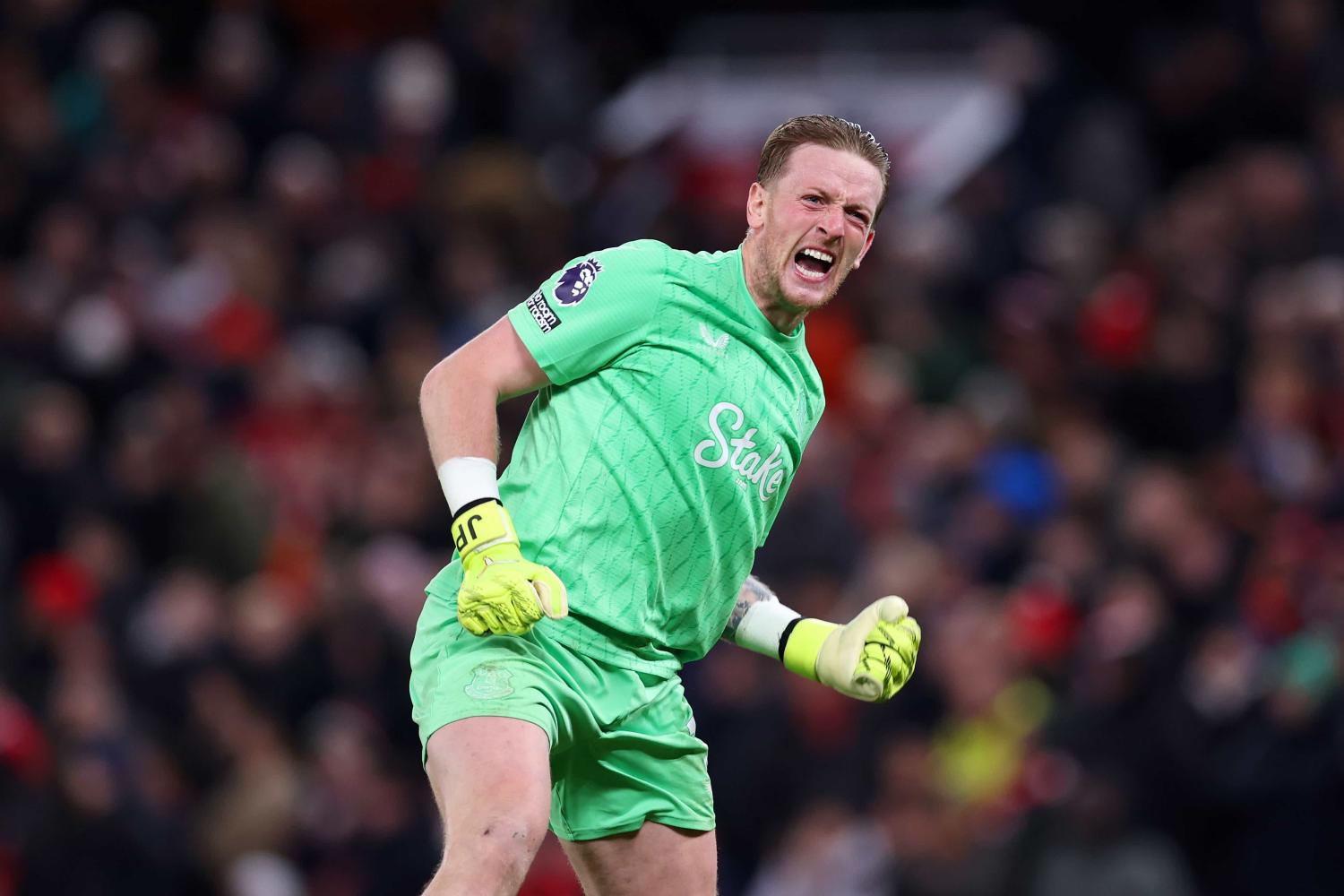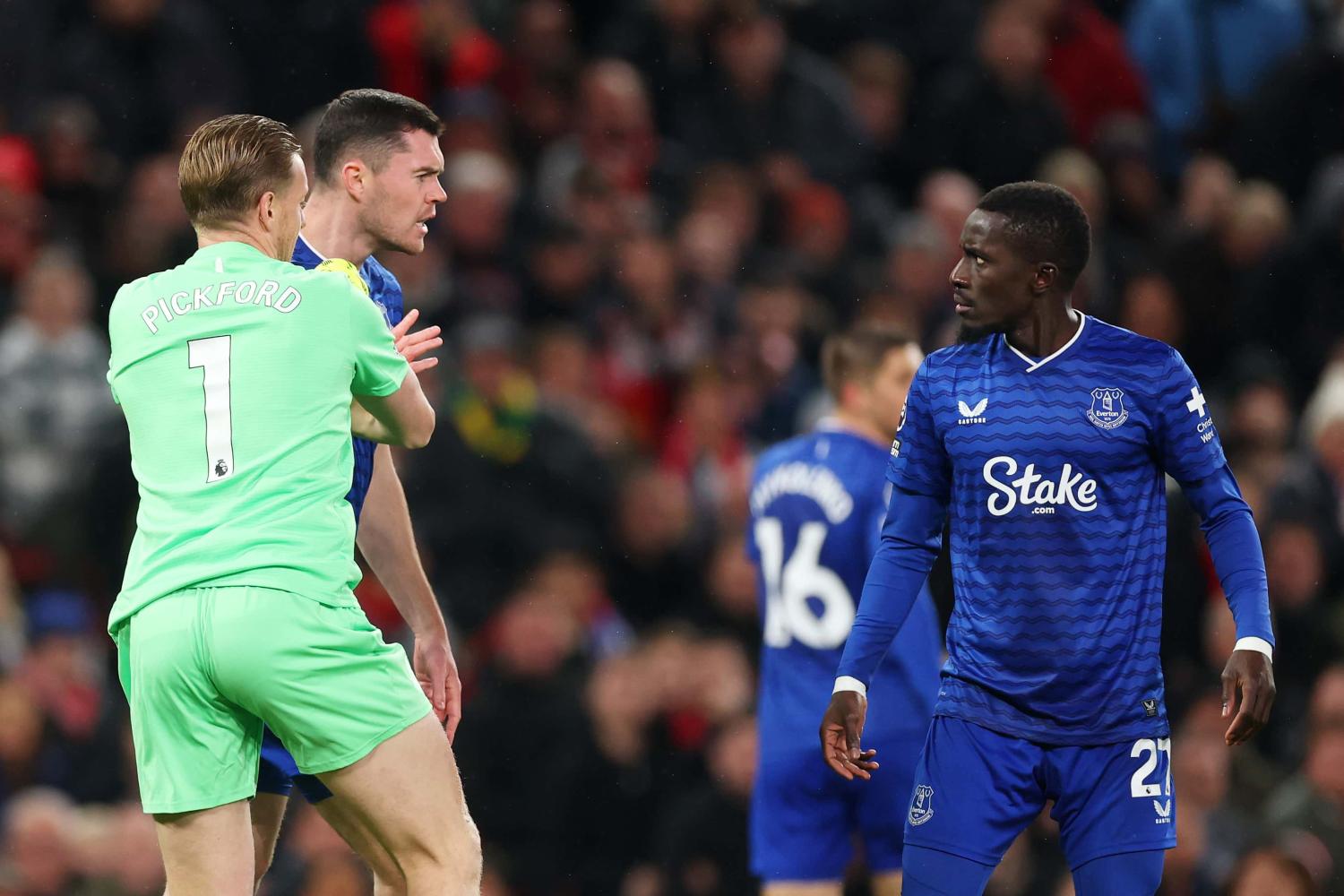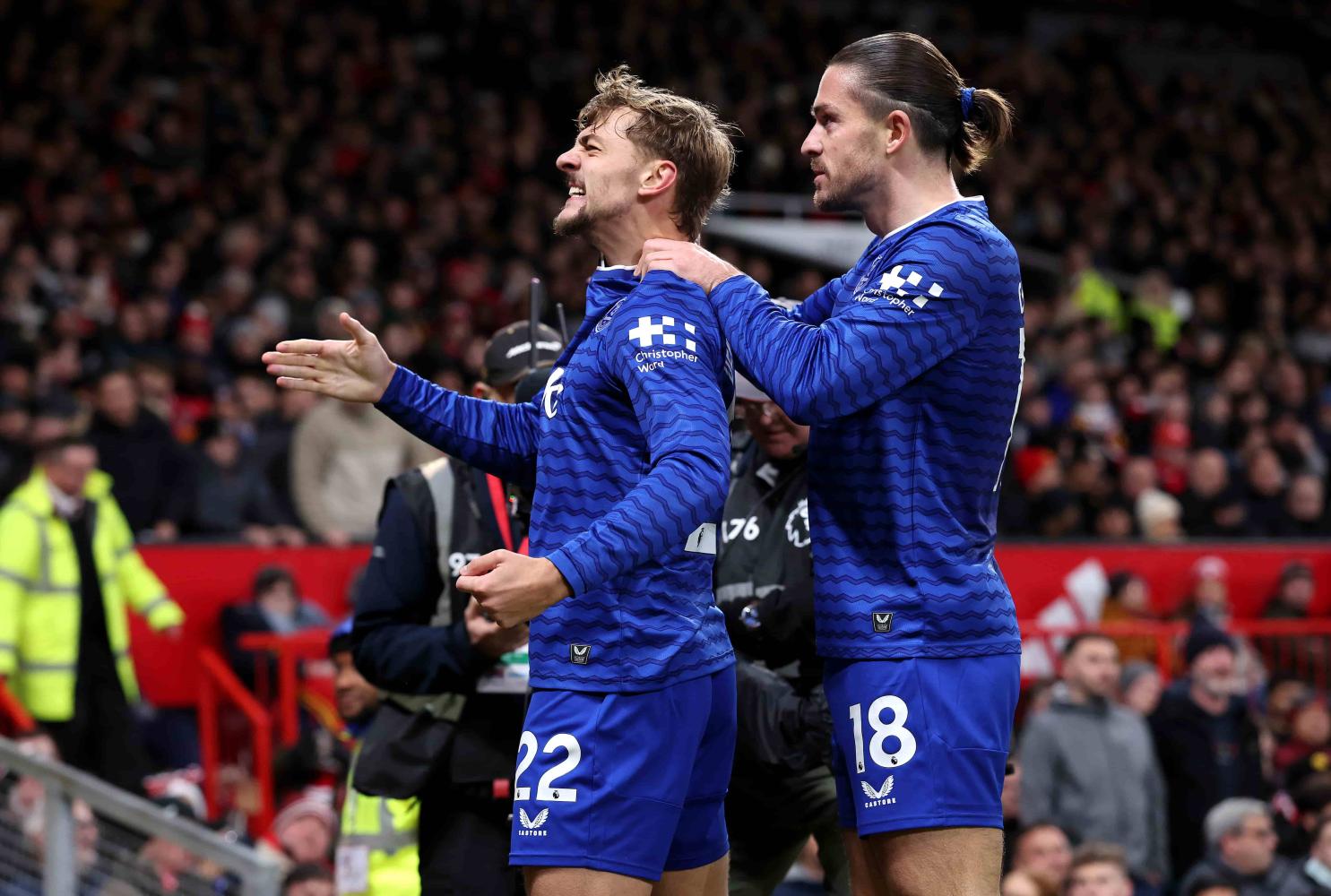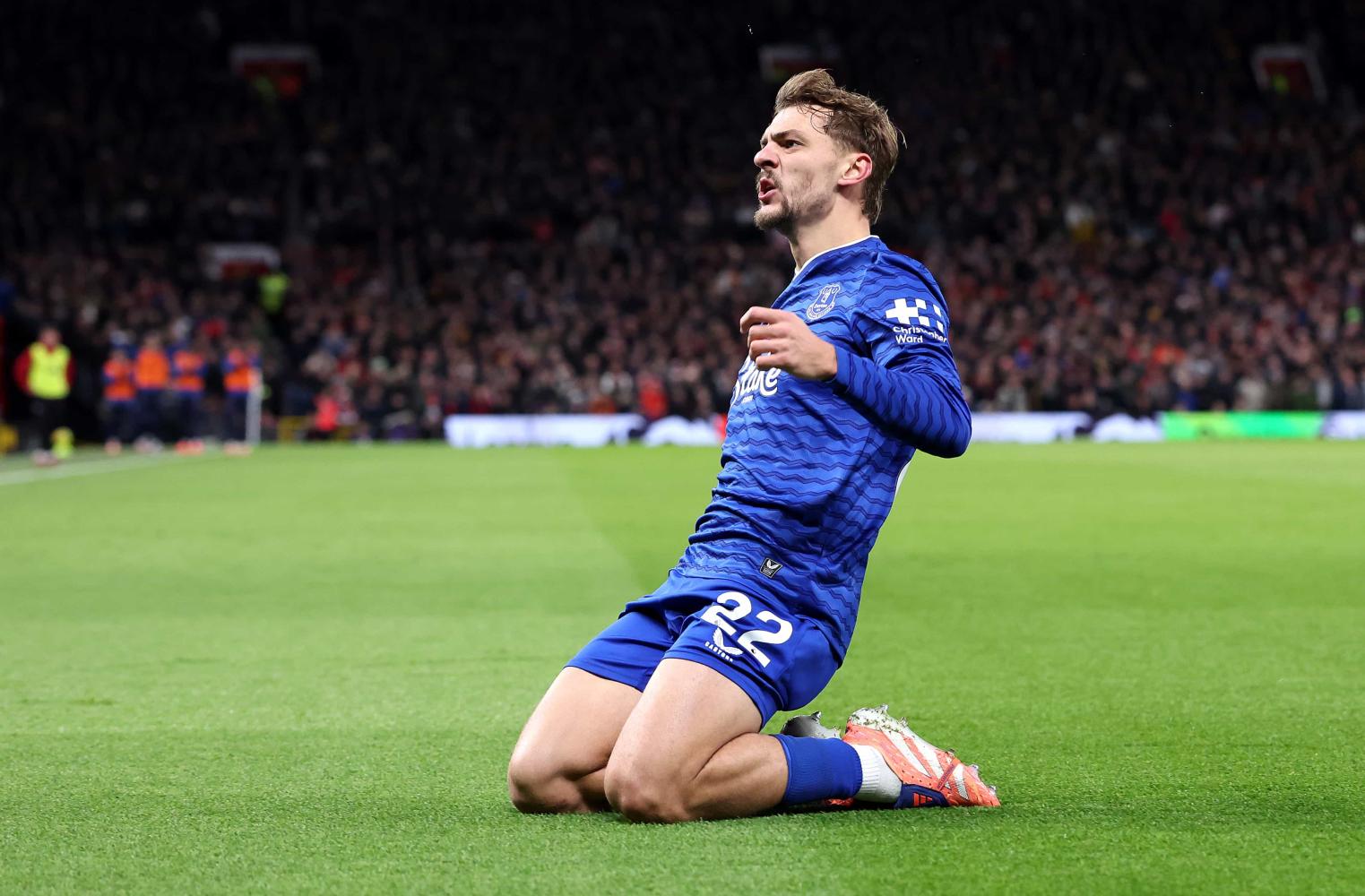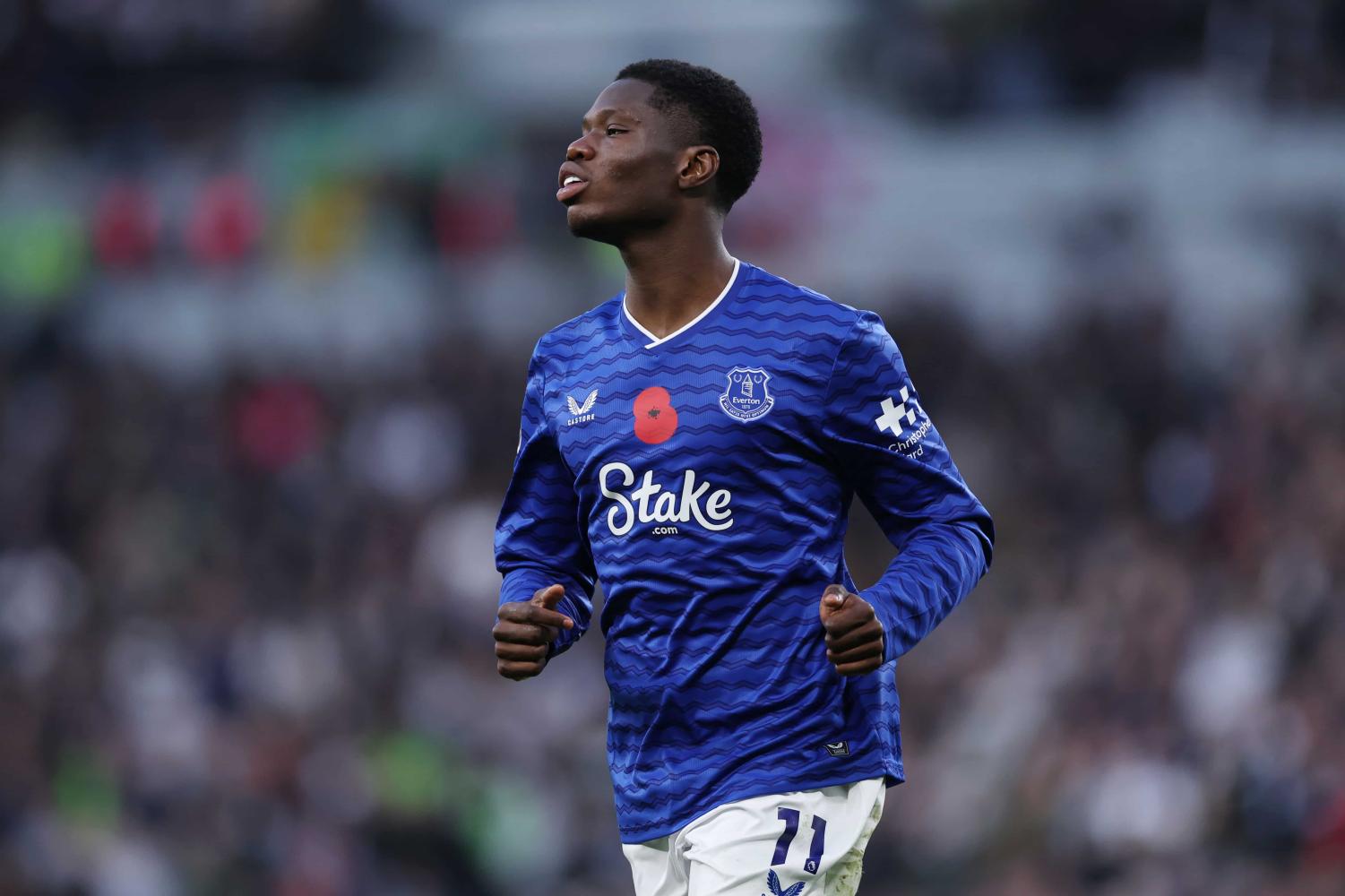ToffeeWeb Viewpoint
Finally... the £10.4M Truth?
There was a strange exchange at the Everton AGM back in early December that few alert Evertonians missed... although far fewer ever claimed they understood. It involved a loan of £10.4M received by Everton in February 2004. So what? Well, when challenged to provide an explanation to Everton's Shareholders, this is what the Everton Chairman, Bill Kenwright, had to say:
[Öthen later onÖ]
If the loan was really against the next season's Sky money, it seems highly unlikely in the extreme that Sky would actually distribute money ahead of the time when they are contractually obligated to do so ó Why would they? If they hold on to the money, they earn interest on it, improve their cash flow, etc. The truth, however, is somewhat different; It appears that the loan was provided by a third party, perhaps secured against the Sky money ó which might in some twisted way be considered to represent a reasonable explanation for Bill's re-explanation of what actually happened. You have to be somewhat aware of the financial context to fully understand the significance of these events we are describing. Everton were financially in dire straits during the early months of 2004. At one point, the taxman apparently came knocking, looking for payment of unpaid VAT. Despite massive gates, built largely on Rooneymaina, most of the income was from season tickets (record sales of 22,000) and that money had all been spent. The fresh ticket sales for each game bring in relatively little cash at that stage of the season. And the new transfer windows were beginning to bite. Everton could not make quick influxes of cash ó as they had done in the past ó by liquidating one of the many appreciating assets that happened to be maturing nicely though the Youth Academy. Imagine, if you were getting a loan from a third party when your normal finance routes (the Bank) were effectively closed; that third party would put far less faith in Everton's survival at that stage (because the bookies had us at short odds for the drop) than they would in, say, Wayne Rooney's net worth to the Club... What if the loan was actually secured against Wayne's value (contrary to Bill's assertion)? Then the prospect of getting a third party loan would be clearly much higher. The Club had been advised that the Tribunal would agree a figure in the region of £10 million for him at the end of his contract, and he may have been insured for that amount. This would therefore be solid collateral with no risk ó something which Everton's survival in the Premiership was not! Everton Shareholders have had their chance to look at the accounts: Everton borrowed £10.4 million from somebody ó at a time when the Club couldn't even cash cheques, were rumoured to be hounded by the taxman for unpaid VAT, and looked increasingly likely for the drop into League Division 1. What else could corroborate this analysis? How about the Companies House Register of Charges. It explains with crystalline clarity exactly why Bill Kenwright chose to dress this loan up with that somewhat fantastical tale of an advance on Sky money: he simply could not tell Everton Shareholders the truth.
So Everton had already decided, some time in the spring of 2004, that they had to cash in on the bonanza that was Wayne Rooney. Remember, this was well before the Euro's and Wayne Rooney's rapid albeit temporary ascent to being a £50 million player... Indeed, the first time we at ToffeeWeb started to hear rumours of Wayne Rooney going to Manchester United was in February or March of 1004. Yes, they were rumours, but somehow they presaged the future with an indefinable element of inevitability. If you took off the blue-tinted specs, you just knew it was really going to happen. And then he broke a bone in his foot. You can just imagine the sense of panic that must have gripped Bill Kenwright and Michael Dunford. It even makes you wonder if this was the issue that so rapidly made Trevor Birch change his mind about the real challenge of sipping from on the poisoned chalice of CEO at Everton... This sorry, sordid story confirms beyond all doubt that Everton fans and shareholders have been lied to. Systematically and repeatedly. When will it ever end?
Michael Kenrick
|

